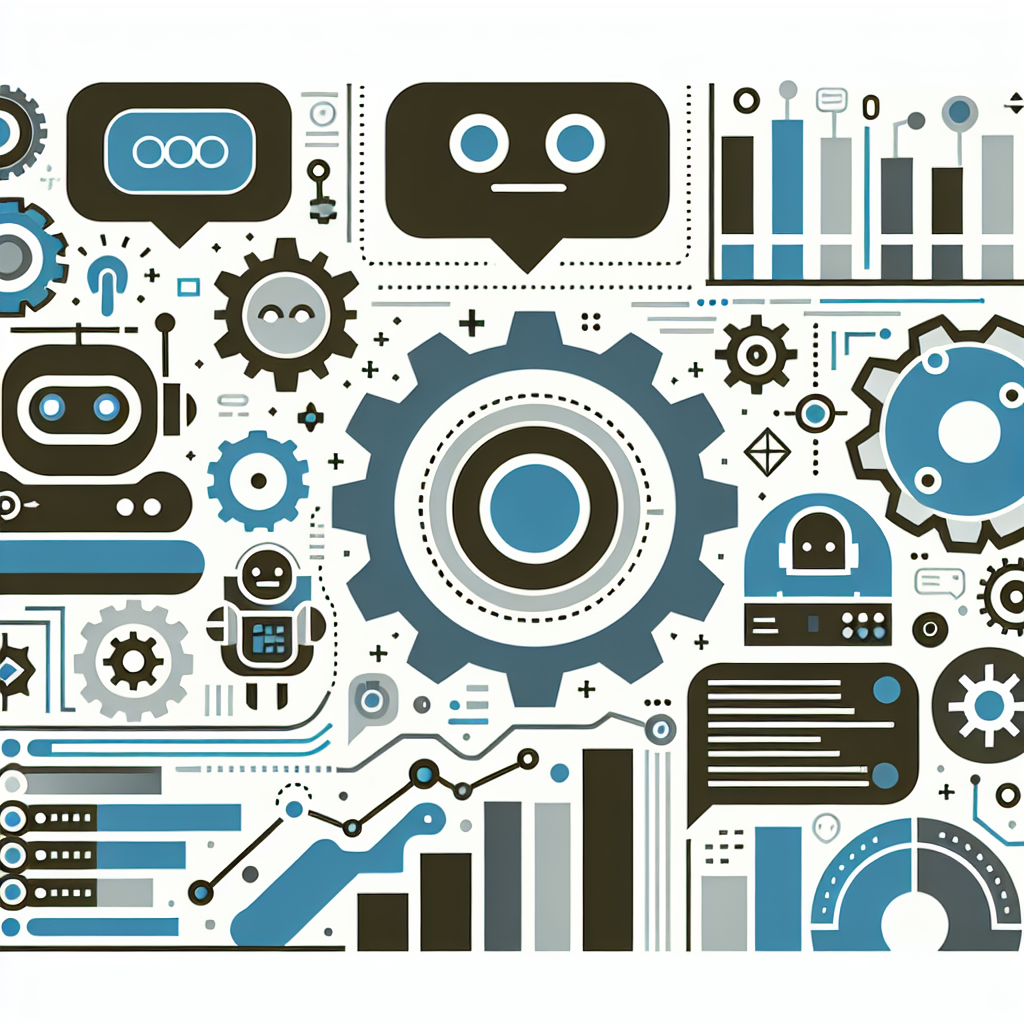Artificial Intelligence (AI) has been revolutionizing the customer service industry in recent years, providing businesses with new tools and technologies to enhance their customer interactions and improve overall performance metrics. From chatbots to predictive analytics, AI has the potential to transform how businesses engage with their customers and monitor key metrics. In this article, we will explore the impact of AI on customer service metrics and discuss how businesses can leverage this technology to drive better outcomes.
AI and Customer Service Metrics
One of the key ways that AI is transforming customer service metrics is through the use of chatbots. Chatbots are AI-powered tools that can interact with customers in real-time to answer their questions, provide information, and assist with problem-solving. By leveraging natural language processing and machine learning algorithms, chatbots can provide personalized and efficient support to customers, leading to higher satisfaction rates and improved metrics such as first contact resolution and average handling time.
Another way that AI is impacting customer service metrics is through predictive analytics. By analyzing historical data and customer interactions, AI can predict customer behavior and preferences, allowing businesses to anticipate their needs and provide proactive support. This can result in higher customer satisfaction scores, increased customer loyalty, and improved metrics such as customer retention and Net Promoter Score (NPS).
Furthermore, AI can help businesses improve their response times by automating repetitive tasks and streamlining workflows. For example, AI-powered ticketing systems can prioritize and route customer inquiries to the appropriate support agents, reducing wait times and ensuring faster resolution times. This can lead to improved metrics such as response time and resolution time, ultimately enhancing the overall customer experience.
In addition to improving customer service metrics, AI can also help businesses monitor and analyze customer feedback more effectively. Sentiment analysis tools can automatically analyze customer feedback from various channels, such as social media, emails, and surveys, to identify trends, patterns, and areas for improvement. By gaining insights from customer feedback, businesses can make data-driven decisions to enhance their products, services, and customer interactions, leading to better metrics such as customer satisfaction and loyalty.
Overall, the impact of AI on customer service metrics is significant, as it allows businesses to deliver more personalized, efficient, and proactive support to their customers. By leveraging AI technologies, businesses can improve key metrics such as first contact resolution, average handling time, customer retention, NPS, response time, and resolution time, leading to higher satisfaction rates and better overall performance.
FAQs
Q: How can businesses implement AI in their customer service operations?
A: Businesses can implement AI in their customer service operations by investing in AI-powered tools and technologies, such as chatbots, predictive analytics, and sentiment analysis tools. They can also partner with AI vendors and consultants to develop custom solutions tailored to their specific needs and goals.
Q: What are the benefits of using AI in customer service?
A: The benefits of using AI in customer service include improved customer satisfaction, increased efficiency, higher productivity, reduced costs, and enhanced metrics such as first contact resolution, average handling time, customer retention, NPS, response time, and resolution time.
Q: What are some common challenges businesses face when implementing AI in customer service?
A: Some common challenges businesses face when implementing AI in customer service include data privacy concerns, integration issues with existing systems, lack of AI expertise and resources, resistance from employees, and potential backlash from customers who prefer human interactions.
Q: How can businesses measure the impact of AI on customer service metrics?
A: Businesses can measure the impact of AI on customer service metrics by tracking key performance indicators (KPIs) such as first contact resolution, average handling time, customer retention, NPS, response time, and resolution time before and after implementing AI technologies. They can also conduct customer surveys and feedback analyses to gauge customer satisfaction and loyalty.
Q: What are some best practices for leveraging AI in customer service?
A: Some best practices for leveraging AI in customer service include understanding customer needs and preferences, training employees on AI technologies, monitoring and analyzing customer feedback, continuously optimizing AI algorithms, and staying up-to-date on the latest AI trends and developments in the customer service industry.

